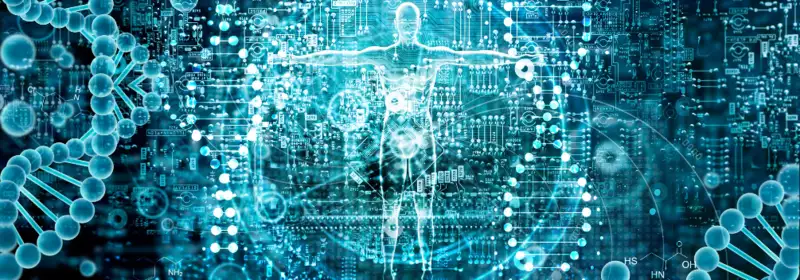
That solution might suit astrobiologists, but it wouldn't satisfy people who want to know whether or not something strange, like a virus, is alive.Ī major challenge for both detecting and defining life is that, so far, we've only encountered one example in the Universe: terrestrial life. Their strategy is to search for entities that resemble parts of life and to think of all life on Earth as an individual. According to philosopher Carlos Mariscal and biologist W Ford Doolittle, the problem with defining life arises from thinking incorrectly about its nature. Given that scientists who look for life are fine with signatures, some say we don't actually need a definition. Decades later, astrobiologists are still limited to looking for life indirectly, searching for biosignatures - objects, substances or patterns that might have been produced by a biological agent. The results were inconclusive: while some tests returned positive results for the products of chemical reactions that might indicate metabolism, others were negative for carbon-based organic molecules. In 1977, NASA put landers on Mars and performed a variety of experiments to try and detect signs of life in the Martian soil. On another world with liquid water, you would look for genetic material that, like DNA, has a special structure that might support evolution.ĭetecting alien life is a harder task than collecting samples, however, as illustrated by the Viking mission. On Earth, the instructions for building and operating an organism is encoded in genes, carried on a molecule like DNA, whose information is copied and inherited from one generation to the next. The 'capable' in NASA's definition is key because it means astrobiologists don't need to watch and wait for extraterrestrial life to evolve, just study its chemistry.


In the early 1990s, an advisory panel to NASA's astrobiology program, which included biochemist Gerald Joyce, came up with a working definition: Life is a self-sustaining chemical system capable of Darwinian evolution. Adaptability is shared by all life on Earth, which explains why NASA used it as the basis for a definition that might work in helping to identify life on other planets. An alternative approach is to use the theory considered to be a defining feature of life: Charles Darwin's theory of evolution by natural selection, the process that gives life the ability to adapt to its environment. Are entities such as viruses really life-forms, or merely life-like? Using a list definition, that largely depends on the criteria you choose to include, which is mostly arbitrary.


 0 kommentar(er)
0 kommentar(er)
